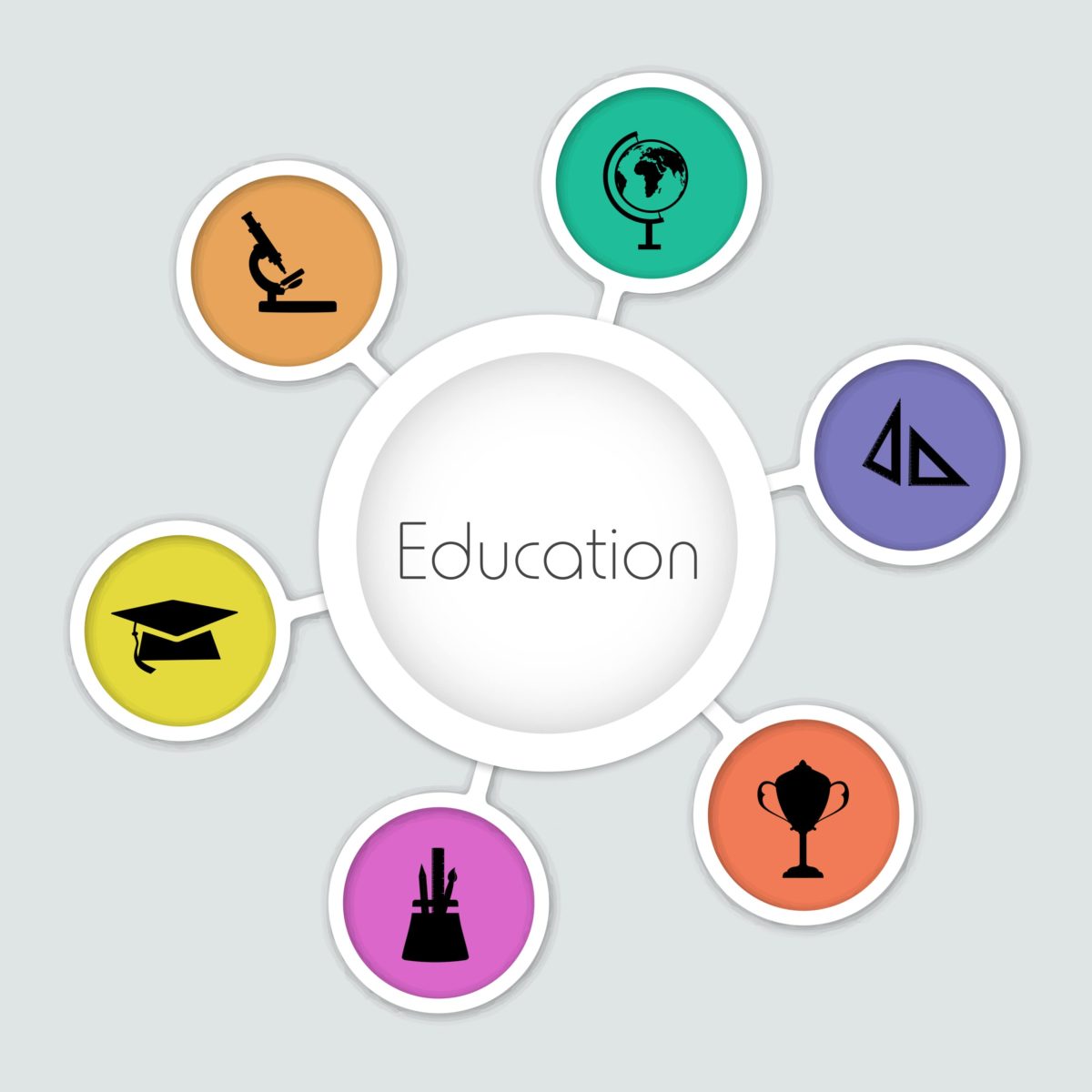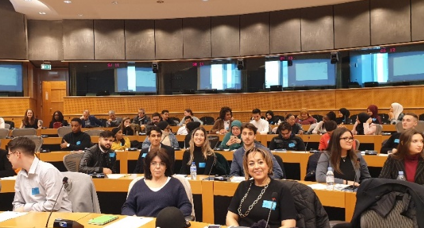Taken place in November 2002, the Copenhagen Declaration focused on the enhancement of European cooperation in vocational education and training. This Declaration continues to play an important role in the European society.
ENNE Project was born to meet the needs of Europe which demands strategies to improve the performance, quality and attractiveness of VET (Vocal Education Training).
During the years, education and training have gained a key role in Europe and, as an integral part of economic and social policies, they were discussed in many meetings organized in the last 20 years. The successive guidelines produced – after Copenhagen Declaration – was based on the basic but important requirement of cooperation among all partners involved in the social and economic field.
New challenges and opportunities emerged in accordance with the rising needs for education and training and in alignment with the new technologies too.
All the needs of systems involved have to adapt themselves to the new developments and changing demand of society. Learning and mobility strategies are actually essential to promote employability, active citizenship, social inclusion and personal development.
New technologies and work labour challenges characterize the Europe of today; all the goals of the past should be integrated with current tools, but the main objectives remain the same: creating and enjoying the opportunities by increasing cooperation, mobility and foreign work, study and training experiences for teachers, students and other possible stakeholders.
What is ENNE?
ENNE resumes all of these ones. It has already established 5 national networks of VET and improved their quality and attractiveness, focusing on mobility opportunities.



